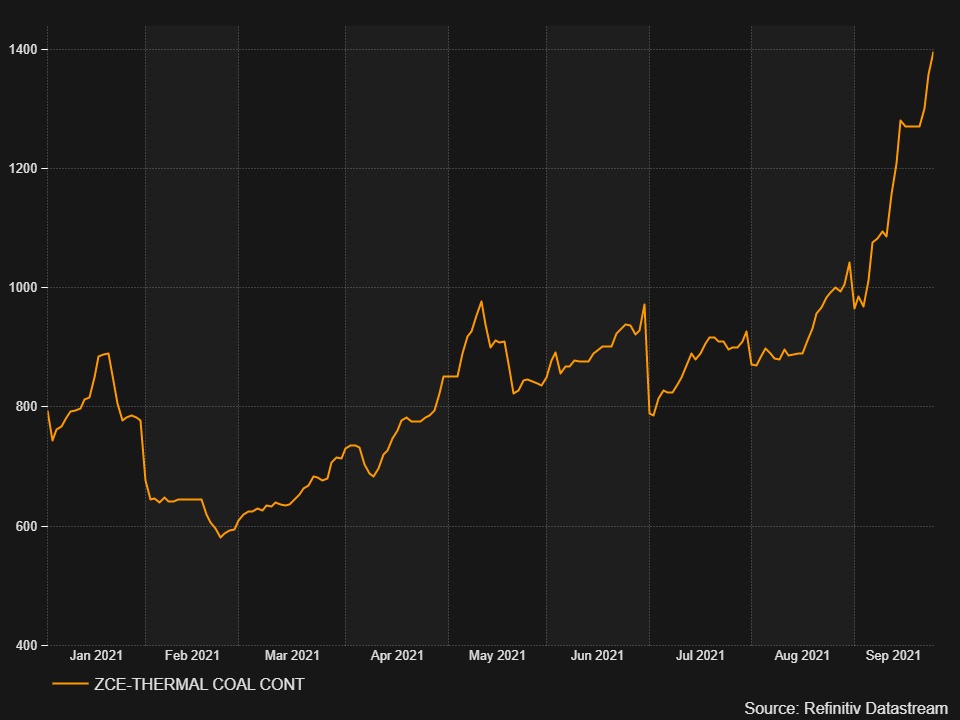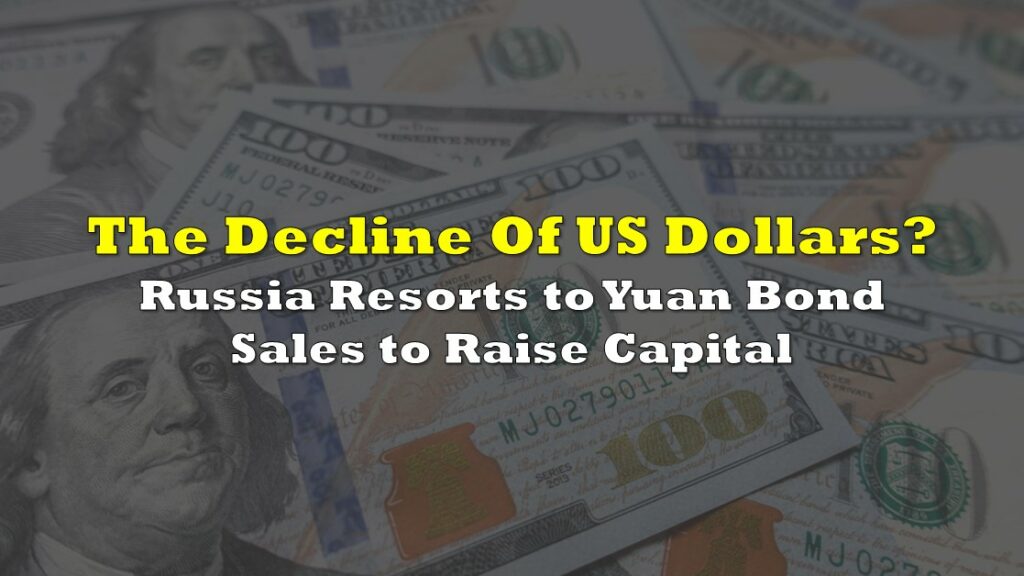Just as we thought things couldn’t get worse for the world’s second largest economy— along come rolling blackouts as the country succumbs to a power supply shock amid an escalating energy crisis spreading from Europe and the UK.
While the rest of the world remains in nail-biting uncertainty over what is likely going to be an imminent bankruptcy of real estate developer Evergrande, China has already shifted into another bigger— and likely far worse problem. On Monday, residents in China’s north-east provinces were shocked to experience enveloping blackouts, as what appears to be a major electricity shortage spreading from factories to homes.
Initially, the power curbs were localized to just factories, with several major manufacturers— two of which are suppliers to Apple and Tesla— were forced to temporarily shut down production over the weekend. Since then, the blackouts spread to residential regions, as people took to social media to complain about traffic lights not working, elevators in limbo, and no heat in their homes. China— which largely derives its power from coal— has been suffering from drastic supply cuts amid skyrocketing coal prices which have more than doubled since the beginning of the year.
Northeast China's Shenyang, capital of Liaoning Province has been through a sudden and unexpected power curb. Meanwhile, dozens of provinces across the country are also facing power curb due to govt's pursuit to cut carbon emission even though the supply for coal remain adequate. pic.twitter.com/cX2h0x6s8Q
— Source Beijing (@SourceBeijing) September 26, 2021
The sharp increase in thermal coal prices can be attributed to a number of reasons, namely being the worsening global supply shortage that is already hammering economies across the EU and the UK. To make matters worse, the sharp Covid-19 economic rebound has sparked an unprecedented demand for power from both factories and homes, which was further boosted by a scorching hot summer that prompted significant air conditioning consumption across China.

Even worse yet, China’s diplomatic relations with Australia have significantly soured over the past year causing coal trade to fall to depressed levels, while Chinese power companies boosted their power purchases in an effort to secure their coal supply for the winter. And, on top of it all, there is also Beijing’s decarbonization campaign, which has created artificial bottlenecks in the supply chain for coal.
“With market attention now laser-focused on Evergrande and Beijing’s unprecedented curbs on the property sector, another major supply-side shock may have been underestimated or even missed,” analysts at Nomura pointed out, as cited by Bloomberg. Almost half of China’s 23 provinces failed to meet the government’s emission reduction targets, with Jiangsu, Zhejiang and Guangdong— all of which account for approximately one-third of China’s economy due to their industrial sector— being among the worst.
With president Xi Jinping’s earnest pledge to hit peak emissions before the end of the decade, China’s coal plants— which, by the way, account for two-thirds of the country’s electricity supply— have been feeling the green agenda crunch, with some even temporarily shutting down. Faced with higher costs for each additional ton of coal burned, a number of power plants have closed down for maintenance over the past several weeks, while others have reduced their operations below normal output.
“The power curbs will ripple through and impact global markets,” said the Nomura analysts, warning that “very soon the global markets will feel the pinch of a shortage of supply from textiles, toys to machine parts.”
So, in other words, brace for more not-so-transitory global inflation, everyone.
Information for this briefing was found via the companies mentioned. The author has no securities or affiliations related to this organization. Not a recommendation to buy or sell. Always do additional research and consult a professional before purchasing a security. The author holds no licenses.









